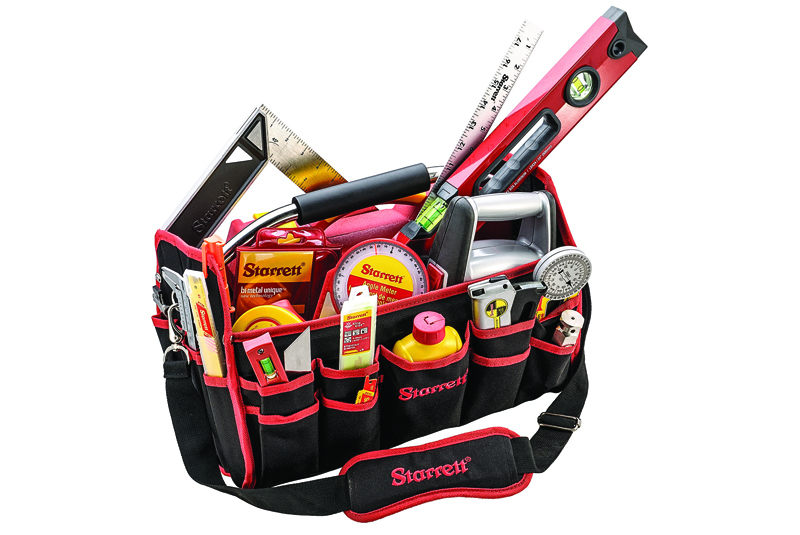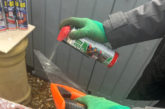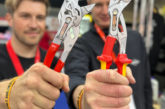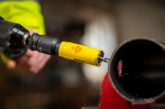
Donald Miller, General Sales Manager of Starrett, explains the importance of choosing tool providers and tradespeople that can be relied on.
Having trust in tools and tradespeople helps ensure the safety of everybody on a work site as well as resulting in a finished product that keeps all future users safe. It also means the finished work is likely to be of a high quality both visually and functionally, thereby increasing longevity.
Trusted tradespeole
Most of us know the saying, “a poor workman blames his tools”. While it’s true that the right tools for the job are important, it’s essential that tradespeople are capable and can be trusted. Not only does this make sure you always meet quality and safety standards, but also guarantees efficient service.
According to the 2014 homeowner survey, 58 per cent of UK homeowners had trouble finding a reliable tradesperson to assist with home improvements.
A strong reputation in their industry, as well as the necessary certifications and registrations, earns the installer more trust and, therefore, repeat business. Nowadays, as shown in research published by construction industry insurer AXA, only two per cent of tradespeople have no formal qualifications. This suggests that contractors today are more aware of the value of proving they can be trusted.
TrustMark, a government endorsed scheme, has approved 18,000 traders in the UK spanning 25 trades. TrustMark accreditation defines them to be reliable and capable of conducting high quality work as well as raising industry standards.
Trusted tools
Even the best tradespeople need trustworthy tools to conduct high quality work efficiently and safely. For example, if the hole saws being used are not produced by a reputable manufacturer, the finished cut will not provide the required quality finish and may, in fact, cause damage to the material.
Trustworthy tools are also likely to have a longer lifespan. This means replacements do not have to be purchased very often and the tools can be used to generate high quality work for a long period of time.
Starrett was founded by Laroy S. Starrett, whose passion for manual labour and tools stemmed from his upbringing on an American farm in Maine. He aspired to invent something useful that people actually needed and wanted. This drive led to him eventually holding 100 patents on his inventions.
Laroy learned everything as he went along, so every step was a challenge. When his wife passed away he was left to care for four young children and also suffered hearing loss. Despite these hardships, his ambition and passion conquered.
In 1956, the company began to expand internationally, and now has nine manufacturing locations worldwide. The company’s success is highlighted by its annual sales of around £250 million, and its position on the New York Stock Exchange (NYSE).
The majority of Starrett’s employees are stakeholders in the company. This means that there is collective ownership of quality and services standards throughout the company and a common goal to maintain a strong reputation for excellence.
The extensive history and experience Starrett offers, and the determination of its staff to grow and succeed, is demonstrative of a manufacturer that can be relied on. Furthermore, the company has stayed in the family since its origin, demonstrating a commitment to the company and to the industry.
Ultimately, to ensure repeat business and good reputations, project managers must ensure they are buying tools and hiring contractors that are trustworthy, reputable and reliable.













